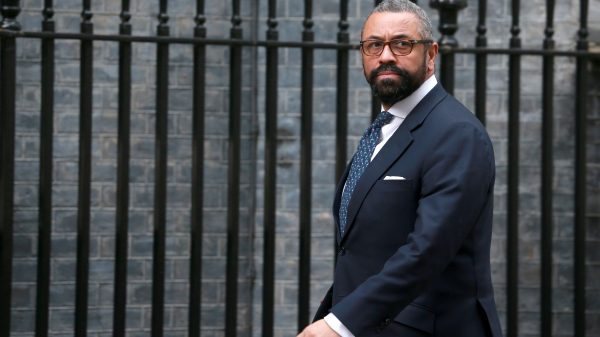Businesses across the UK are set to see a six-month price cut on their expected energy bills as the government has offered a winter relief scheme.
The move comes as the government looks to protect businesses from rising energy costs and match the support offered to UK households earlier this month, by working with suppliers to reduce wholesale energy costs.
Under the new scheme, businesses with fixed term contracts agreed on or after 1 April 2022, will be met with a Supported Wholesale Price of £211 per MWh for electricity and £75 per MWh for gas, less than half the expected wholesale price for this winter.
Announced earlier today, 21 September, business secretary Jacob Rees-Mogg said: “We have seen an unprecedented rise in energy prices following Putin’s illegal war in Ukraine, which has affected consumers up and down the country and businesses of all sizes.
“This, alongside the measures we are taking to boost the amount of domestic energy we produce to improve both energy security and supply, will increase growth, protect jobs and support families with their cost of living this winter.”
Commenting on the scheme, the Association of Convenience Stores (ACS) chief executive, James Lowman welcomed the support package. He said it “will provide a lifeline for the UK’s local shops, enabling them to keep trading and serving their communities.
“We will continue to work closely with the Department for Business, Energy and Industrial Strategy on longer term solutions to the energy crisis facing convenience stores and other businesses, including ways to incentivise investment in energy efficient technology.”
Menzies LLP finance director, Richard Singleton agreed that “slashing energy prices to almost half of what was predicted is a strong statement of support from the Government.”
However, he added that “businesses still need to proactively plan for the winter ahead and reduce energy consumption where possible to make the most of this assistance. A one-size fits all approach isn’t going to cut it.
“Businesses with higher energy consumption, such as pubs, restaurants and shops, as well as energy-intensive sectors such as manufacturing, property and construction, that typically operate around the clock, will need bespoke support.
“The future is still risky for businesses, and therefore they will be watching with a keen eye for further developments after the six-month period end.”
Within the announcement this morning the government confirmed that it will publish a review into the operation of the scheme in three months as it looks to make a decision on any further support from March 2023 onward, in particular for the most vulnerable non-domestic businesses.
Bira CEO Andrew Goodacre said: “We now want to turn our focus on determining the businesses classed as vulnerable as we know they will receive longer term support.”
“Rather than individual businesses, we need to show that the high street is a collection of businesses that support each other to make the place successful. No high street wants to see lots of empty shops so we need to focus on the vulnerability of the ‘place’.”










